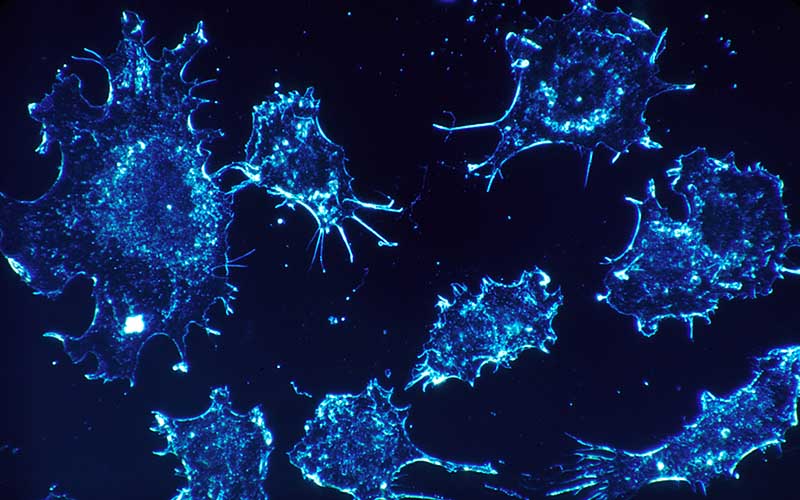
A study of how the adult brain functions.
Strokes are usually, but not always, debilitating. This is the case of an Argentinian woman who suffered multiple strokes which, in many ways, had no effect on her daily functioning.
A stroke is a kind of lesion caused by reduced blood flow to the brain, which causes the death of some of the brain’s neurons.
Researchers in Argentina have shown that a woman has remained remarkably functional, after enduring first a hemorrhagic then an ischemic stroke. Whereas, normally, multiple lesions, damaging both the right and left sides of the brain, would be deeply harmful, in the case of the 44-year-old woman, known as CG, these events had only mild impacts.
The only effects on CG were a comprised sense of smell and a loss of sensitivity in her right hand.
One possible explanation is that CG’s brain has ‘re-wired’ itself to maintain its former level of functioning.
In short, CG’s experience is an enigma that reveals just how much we still have to learn about the way the brain works.
It puts the emphasis on ‘individual’ rather than ‘general’ experience, and thereby opens a ‘window of hope’ for the individual.

